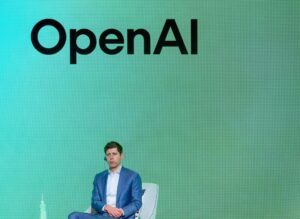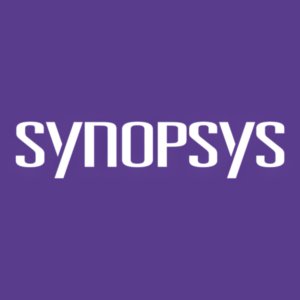Sam Altman: Mastering AI Tools is the New Essential Skill

The Transformative Impact of AI on Software Engineering
In a recent interview with Ben Thompson of Stratechery, Sam Altman, the CEO of OpenAI, shared his insights on the changing landscape of coding and software engineering. Having graduated high school with an emphasis on coding, Altman has now shifted his focus to a new crucial skill in the tech world: mastering artificial intelligence (AI) tools.
The Shift from Coding to AI Proficiency
The Evolving Skill Set
Altman emphasized that the current priority for those entering the tech field is to become proficient with AI tools rather than just being skilled coders. As AI technology advances rapidly, it has begun to play a significant role in automating various aspects of software development. This shift is echoed by other tech leaders, including Dario Amodei, CEO of Anthropic, who claimed that within a year, AI would be capable of writing all code for software engineers.
Notably, Meta CEO Mark Zuckerberg also highlighted his company’s efforts to develop AI capable of writing a substantial portion of the code used in apps. This collective acknowledgment from industry leaders suggests a transformative trend that could reshape the entire field.
The Future of Software Engineering
Automation of Code Writing
In his interview, Altman noted that a significant portion of software coding is already being automated. He estimates that in many organizations, over 50% of code authorship is now performed by AI, and the direction seems to be only increasing. This increasing capability has led Altman to speculate about a future where the need for traditional software engineers diminishes as AI takes a more central role in the coding process.
"The new version of learning is mastering AI tools," says Altman. "In many companies, it’s probably past 50% now."
The Concept of Agentic Coding
Altman also introduced a concept known as "agentic coding," which suggests that at some point in the future, AI might be able to autonomously write software without human intervention. Presently, this level of automation is not yet in practice, but it indicates a strong potential for AI to evolve further in the software engineering space.
The Job Market Outlook
Current and Future Employment
When discussing employment, Altman acknowledged that while there is currently ample work for software engineers, the future could be different. His assumption is that, at least in the short term, each engineer might become far more productive, potentially leading to a decreased need for a larger engineering workforce in the long run.
"Each software engineer will do much, much more for a while, but eventually, we may need fewer software engineers," Altman commented.
This perspective raises questions for students entering tech fields today. As they prepare for careers in software engineering, they must also consider the growing importance of AI skills in their training and education.
The Profession’s Evolution
As the technology landscape evolves, students and professionals alike must adapt to these changes. Being adept at AI tools could provide a competitive edge in a job market that may increasingly prioritize AI proficiency over traditional coding skills.
Key Takeaways
- Proficiency in AI tools is becoming as essential as coding itself.
- A substantial amount of code writing is already automated with predictions of further advancements.
- The job market for software engineers may shift, leading to increased productivity and potentially fewer job opportunities in the future.
This ongoing transformation emphasizes the need for current and aspiring tech professionals to stay ahead of the curve in a rapidly changing industry.






